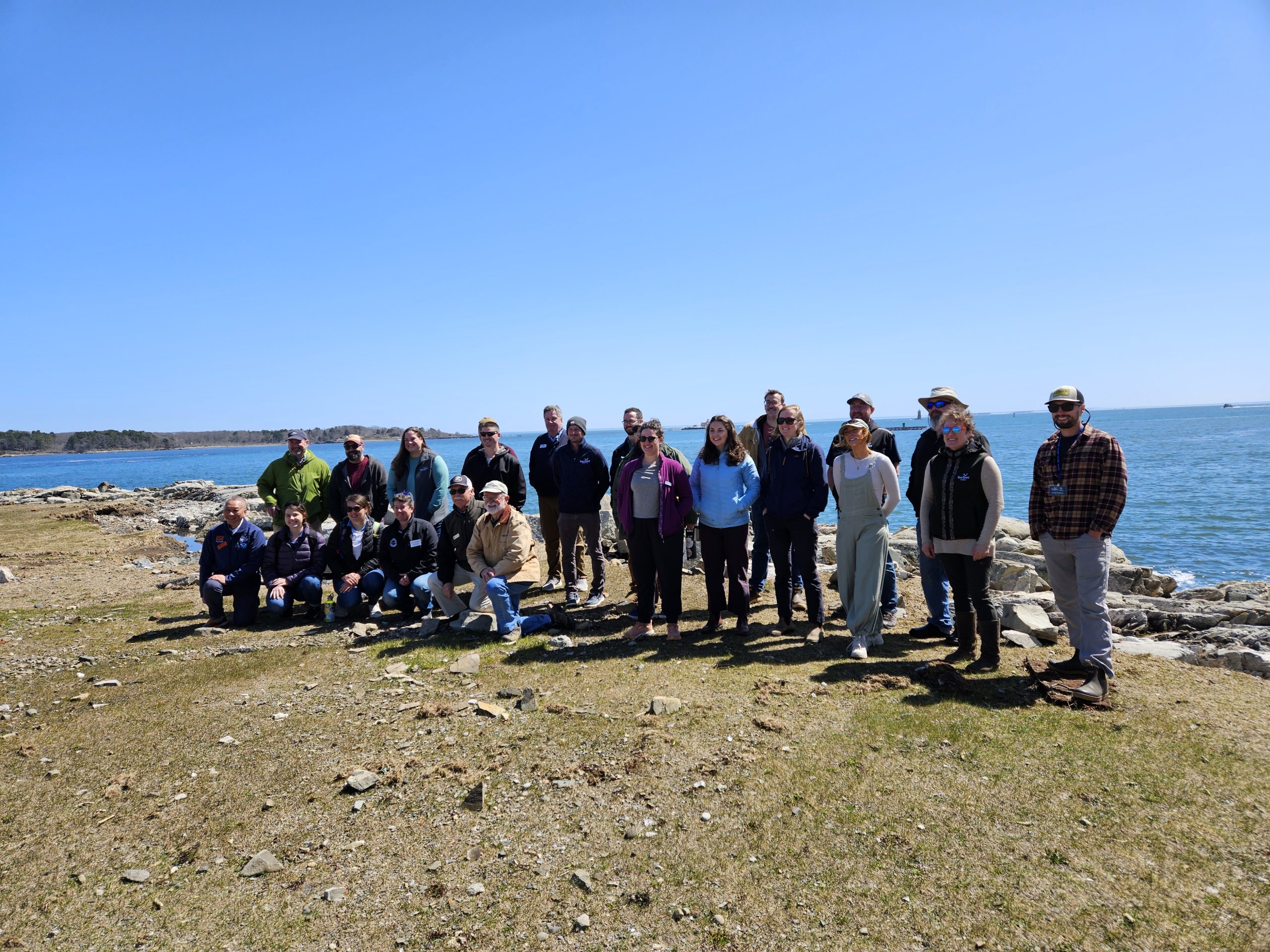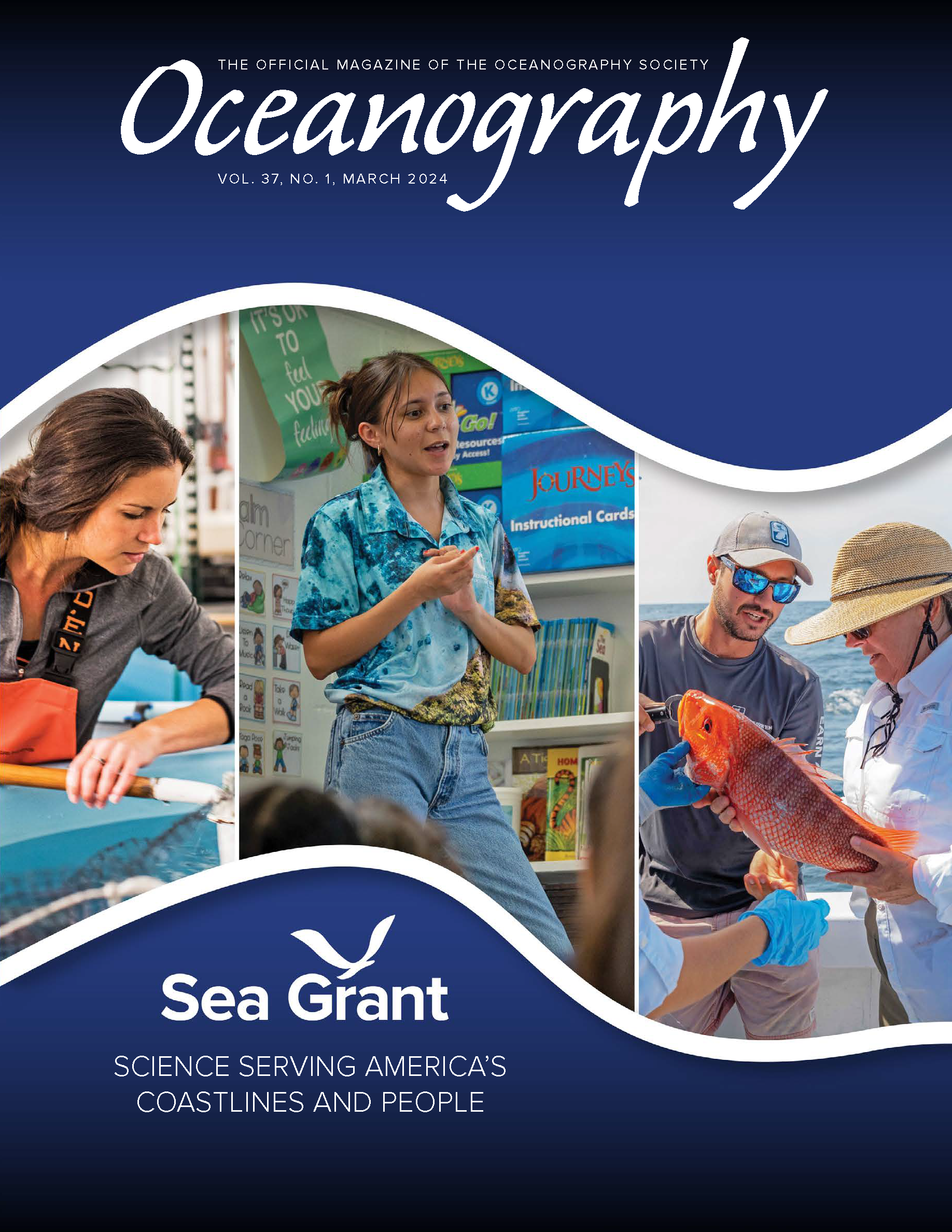from North Carolina Sea Grant
By Rebecca Nagy
Angela Gustavson is the deputy chief of congressional and legislative affairs in the U.S. Fish and Wildlife Service.
“My typical day may include attending a Congressional meeting or hearing, receiving and responding to questions from Congressional staff; attending meetings with our program offices, and writing testimony, briefing papers, or other documents; and responding to numerous emails,” she says.
Previously, she served as the executive director for the National Estuarine Research Reserve Association and as the director of government relations for Restore America’s Estuaries.
As a 2002 fellow, Gustavson worked as a policy associate on the U.S. Commission on Ocean Policy, a presidential commission created to develop recommendations for a coordinated and comprehensive national ocean policy. The commission’s final report, An Ocean Blueprint for the 21st Century, was delivered to the President and Congress, making more than 200 specific recommendations.
Gustavson, hailing from Alexandria, Virginia, received her master’s degree from Duke University in environmental management, and her bachelor’s degree in biology and environmental science from The College of William and Mary.
The following interview has been condensed and edited.
Please share a highlight or an accomplishment from your time as a fellow.
During the fellowship, I researched coastal and ocean issues, developed policy position papers, and participated in working-group meetings to develop recommendations. I made a significant contribution to the Commission’s report by helping to draft and edit numerous chapters. I also had the exciting opportunity to travel to many coastal locations in the country to participate in regional meetings where the Commission heard from nearly 450 witnesses, including government officials, scientists, and environmental and industry representatives.
How do you apply the experience and skills you gained as a Knauss fellow to your current position and overall career?
I use the skills I gained from my experience as a Knauss fellow on a daily basis in my career. The writing and policy analysis skills that I developed as a fellow have been critical. In addition, while at the Commission, we worked with 16 commissioners with diverse backgrounds to develop a consensus report. The experience of working with a group like that to evaluate stakeholder input, discuss policy ideas and develop recommendations has been valuable.
What have been the greatest opportunities that have come out of the Knauss fellowship experience?
I have been in Washington, D.C., for the past 12 years since the Knauss fellowship, working in the environmental policy field. The fellowship helped jump-start that career path. In addition to the importance of the fellowship to my career, it was also important to me on a personal level. My husband, Karl Gustavson, also was a Knauss fellow in 2002 and we met through the fellowship. We’ve now been married for over 7 years and have kids, ages 4 and 2. Also, a number of our closest friends are ones we made through the fellowship.
Why would you recommend that others apply for this fellowship?
I would highly recommend that others apply for this fellowship. If you want to be in Washington, D.C., working on environmental policy issues, the fellowship is a perfect experience and way to start your career. Even for those who eventually want to return to science, it’s a good experience to gain an understanding of how policy or legislation is developed.
What surprised you most about your experience as a fellow?
I was surprised by the size of the network of the Knauss fellowship. Many people I’ve worked with over the years have been Knauss fellows. We have a few people in our leadership in the U.S. Fish and Wildlife Service who were Knauss fellows, including the director of our agency, Dan Ashe. My boss, who is the chief of congressional and legislative affairs, was a former fellow. Also, Matt Huggler, the agency’s deputy assistant director for external affairs, is a former fellow through North Carolina Sea Grant. The fellowship is valuable both for the friends and colleagues you meet while in the fellowship, as well as those you meet years later where you share that common experience.


